A Chinese foreign ministry spokesperson on Tuesday hit back at criticism that loans related to China’s Belt and Road Initiative (BRI) are a “debt trap”, saying that China does not accept this.
Due to various external factors, debt risks facing developing countries have recently risen significantly. Some people have exploited this situation by falsely accusing China of “debt traps” and “opaque loans”. China does not accept this, Chinese foreign ministry spokesperson Mao Ning said at a regular briefing on Tuesday.
The remarks come after a study published on Tuesday claimed that China spent $240 billion bailing out 22 developing countries between 2008 and 2021, with the amount soaring in recent years as more have struggled to repay loans spent building BRI infrastructure.
In response, Mao hit back saying China acts in "the principle of openness and transparency."
"China acts in accordance with market rules and international rules and respects the will of relevant countries. We have never forced any party to borrow money or pressed any country to accept debt. We do not attach any political conditions to the loan agreements and do not seek any political self-interest," Mao said.
Mao said that China has always been committed to providing support for the economic and social development of developing countries, helping them to enhance their capacity for independent and sustainable development.
Over the years, China has helped African countries build and upgrade more than 10,000 kilometers of railways, 100,000 kilometers of roads, 1,000 bridges and 100 ports, vigorously boosting economic development and improving people's lives in each country and bringing tangible benefits to the local people, Mao said.
To date, none of the partner countries have accepted the claim that the BRI has created “debt traps”, Mao said.
The so-called “debt-trap” is just the politicization of an economic issue, Liang Haiming, dean of Hainan University Belt and Road Research Institute, told the Global Times on Tuesday.
“Instead of accusing China of engaging in ‘debt trap’ diplomacy, some Western countries should focus on how to improve the ability of debtor countries to deal with debt challenges and strengthen consultation and cooperation among countries on international debt governance,” Liang said.
According to World Bank statistics, multilateral financial institutions and commercial creditors account for over 80 percent of the sovereign debt of developing countries. It is imperative that these institutions participate in debt treatment guided by the principle of joint actions and fair burden-sharing, Mao said.









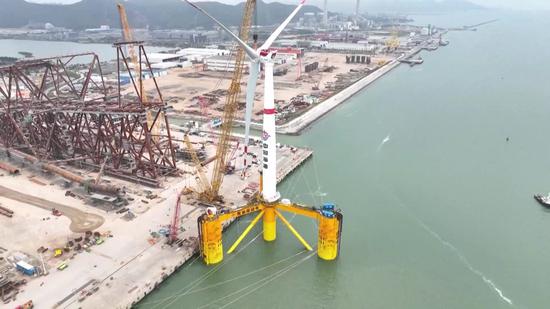

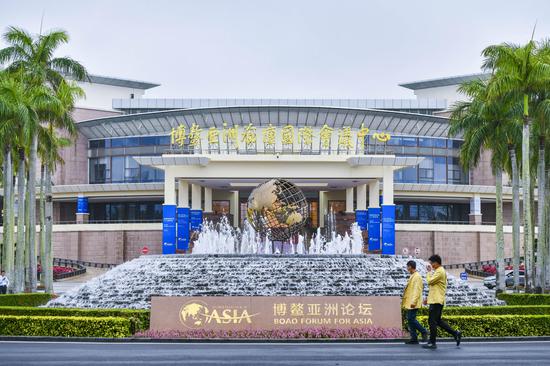



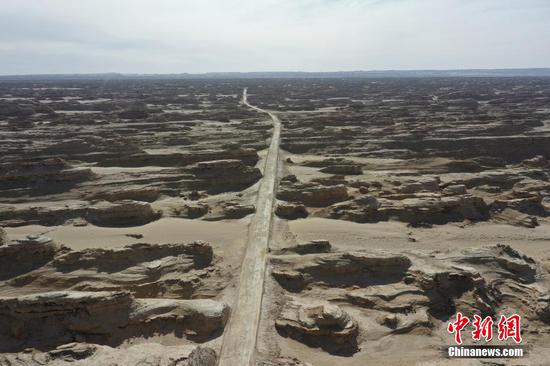









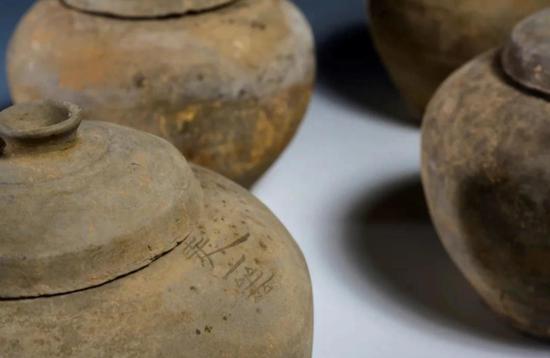











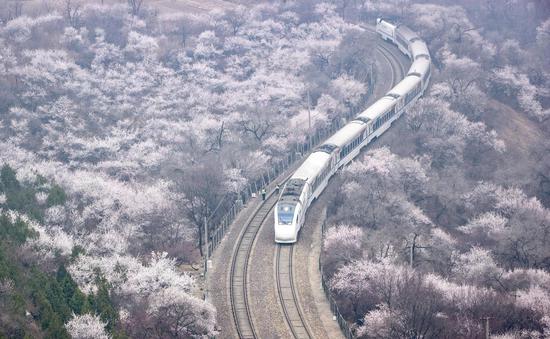
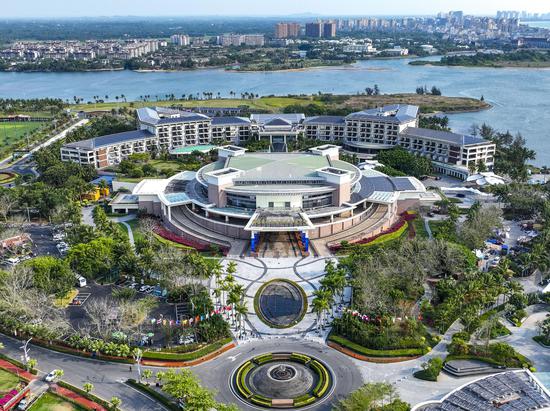


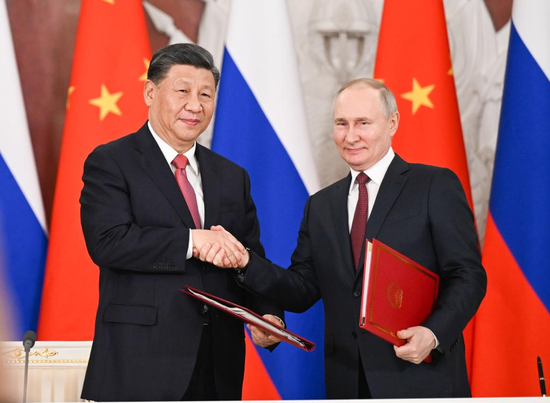








 京公网安备 11010202009201号
京公网安备 11010202009201号